Aspartame 98%
₹0.00 – ₹7,750.00
Aspartame is a low-calorie artificial sweetener, approximately 200 times sweeter than sugar, commonly used in food and beverages. It’s made from two amino acids, aspartic acid and phenylalanine.
Aspartame is a widely used artificial, non-saccharide sweetener. Here's a more comprehensive overview:
Composition and Sweetness:
- It's composed of two amino acids: phenylalanine and aspartic acid.
- It's approximately 200 times sweeter than sucrose (table sugar), meaning very small amounts are needed to achieve the same level of sweetness.
Uses:
- Aspartame is found in numerous food and beverage products, including:
- Diet sodas and other low-calorie drinks.
- Sugar-free chewing gum.
- Gelatin desserts.
- Yogurt.
- Tabletop sweeteners.
- Many other processed foods.
Safety and Regulation:
- Aspartame has been subjected to extensive safety testing by regulatory agencies worldwide, including the U.S. Food and Drug Administration (FDA) and the World Health Organization (WHO).
- Recently, The WHO's International Agency for Research on Cancer (IARC) has classified aspartame as "possibly carcinogenic to humans" (Group 2B). However, The Joint Expert Committee on Food Additives (JECFA) of the WHO and the Food and Agriculture Organization (FAO) reaffirmed the acceptable daily intake (ADI) for aspartame.
- A key concern is for individuals with phenylketonuria (PKU), a rare genetic disorder. They must avoid aspartame because they cannot properly metabolize phenylalanine. Products containing aspartame are required to carry a warning label for these individuals.
Controversies:
- Despite its widespread use, aspartame has been a subject of controversy and debate regarding its potential health effects.
- Research continues to explore the long-term effects of aspartame consumption.
Key Points:
- Aspartame is a potent artificial sweetener.
- Its safety has been rigorously evaluated, but concerns remain.
- People with PKU must avoid it.
- The recent IARC classification has caused additional public awareness of the product.
Additional information
| Weight | N/A |
|---|---|
| CAS number | 22839-47-0 |
| Chemical formula | C₁₄H₁₈N₂O₅ |
| Molar mass | 294.31 g/mol |
| Physical state | White crystalline powder. |
| Odor | Odorless |
| Melting point | 246–250 °C (decomposes). |
| Boiling point | Decomposes before boiling. |
| Density | 1.347 g/cm³ |
| Solubility in water | Sparingly soluble, solubility is pH dependent. |
| Flash point: | NA |
| Autoignition temperature | NA |
| Dye Content | NA |
| Vapor pressure | Very Low |
| UN number | NA |
| Flammability | Not considered highly flammable, but like many organic solids, it may be combustible as dust. |
| Carcinogenicity | The WHO's International Agency for Research on Cancer (IARC) has classified aspartame as "possibly carcinogenic to humans" (Group 2B). |
| Grade | CP |
| Size | 500 gm, 5 kg, 25 kg |
Only logged in customers who have purchased this product may leave a review.



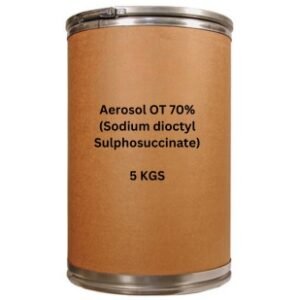
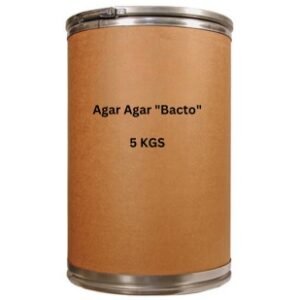
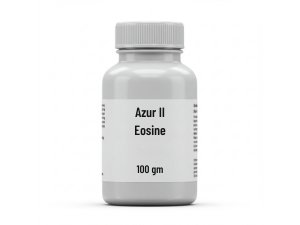
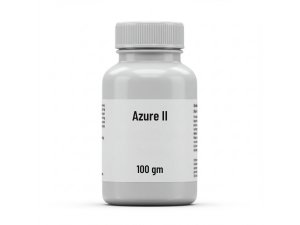
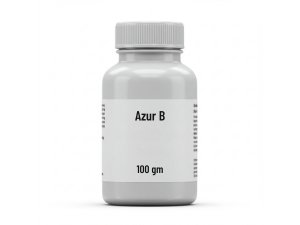
Reviews
There are no reviews yet.